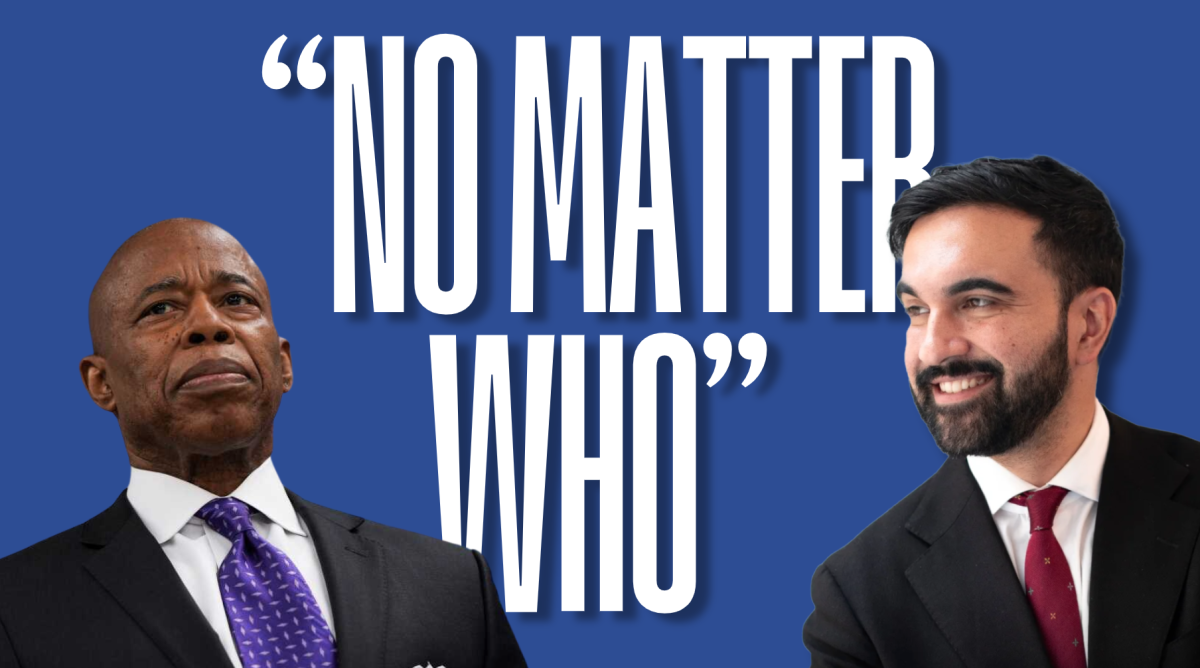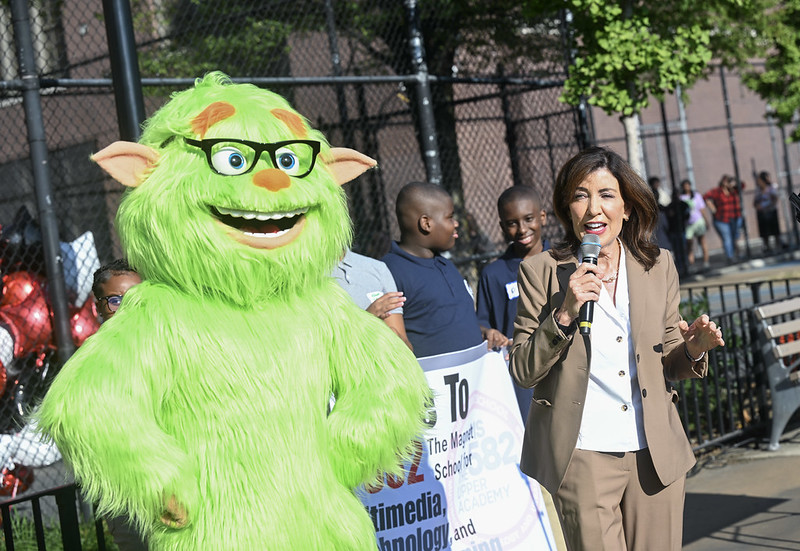By DELIA GRIZZARD
COLUNIST
I knew two things about Pete Seeger before I came to college: the lyrics to “If I Had a Hammer,” a family favorite, and my mom’s story about seeing him live in concert. Her father only allowed her to go on one condition: she had to promise to sit on her hands and not applaud, as Seeger was blacklisted as a communist at the time.
As a kid, I didn’t question this too much; I enjoyed singing along to the tunes, and that’s all that matters when you’re listening to music, right?
I have never questioned that juvenile assumption more than I do now, especially after reading about the life and work of Pete Seeger.
Seeger, born in Paterson, N.Y., grew up with parents, Charles and Constance Seeger, who could trace their ancestry back to the Mayflower. His father was a pacifist and had been a music professor at the University of California — Berkeley until his beliefs caused him to gain so many enemies that he decided to quit teaching in the fall of 1918. At the age of 13, Pete Seeger aspired to a career in journalism following his heroes Lincoln Steffens and Mike Gold. Then, in 1936, he heard the five-string banjo for the first time at the Folk Song and Dance Festival in Asheville, N.C., and his life and dreams were forever changed.
Choosing to leave the intellectualism and privilege he was born into, Seeger distanced himself from the industrial capitalism and militarism that consumed much of American society in the mid-20th century and still persists today. In an era defined by anti-communist fear-mongering and massive social unrest, Seeger sought to serve and empower the average American individual through the power of a good, old-fashioned hootenanny.
I’m part of a group of students at Fordham who also believe in the unifying power of music. Yet in light of Seeger’s passing, I cannot help but question our collective purpose or wonder if we have a distinct aim at all. I don’t mean that you need an agenda when jamming with friends, but I cannot help but feel like an imposter when I happily sing along to songs written for people to empower those who were oppressed on a level I cannot imagine, in a time so far from our own.
When I sing another’s words, I want to be as close to understanding their intent as I possibly can, and to convey this to the audience — otherwise, I betray my fellow artists and humans. I’m sure that many musicians I know have reached this conclusion without me — but, for those of you who perhaps share my surface-level love of folk, I ask you to join me in an effort to dig beneath the beautiful harmonies and driving rhythms to the core of the universal, earthy joy and suffering that lies within the music.
Michael Sansevere contributed reporting.














































































































































































































